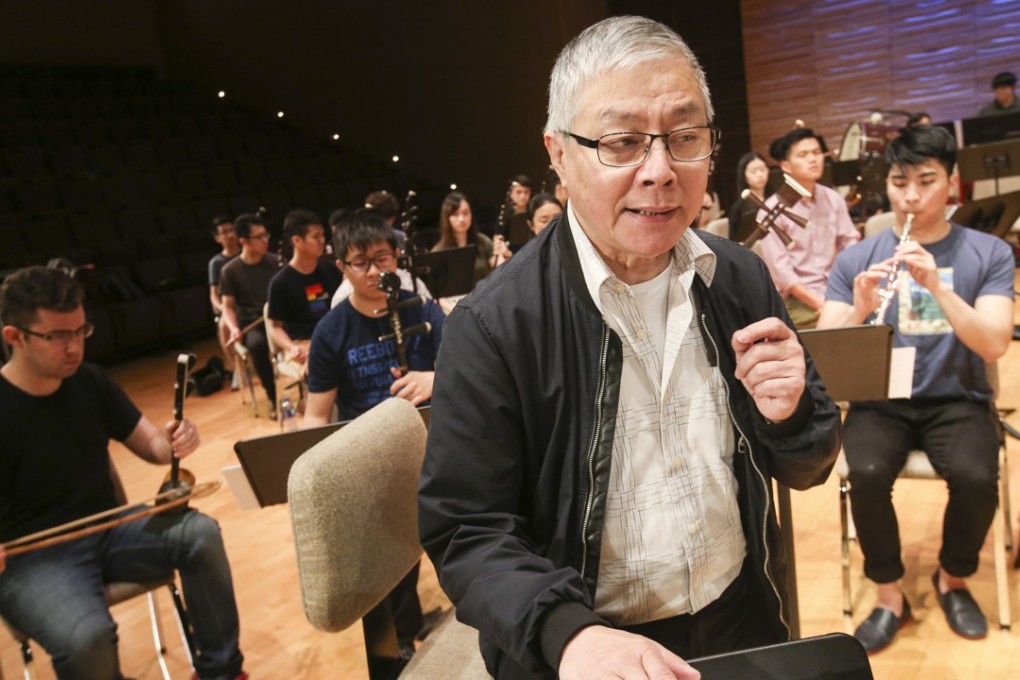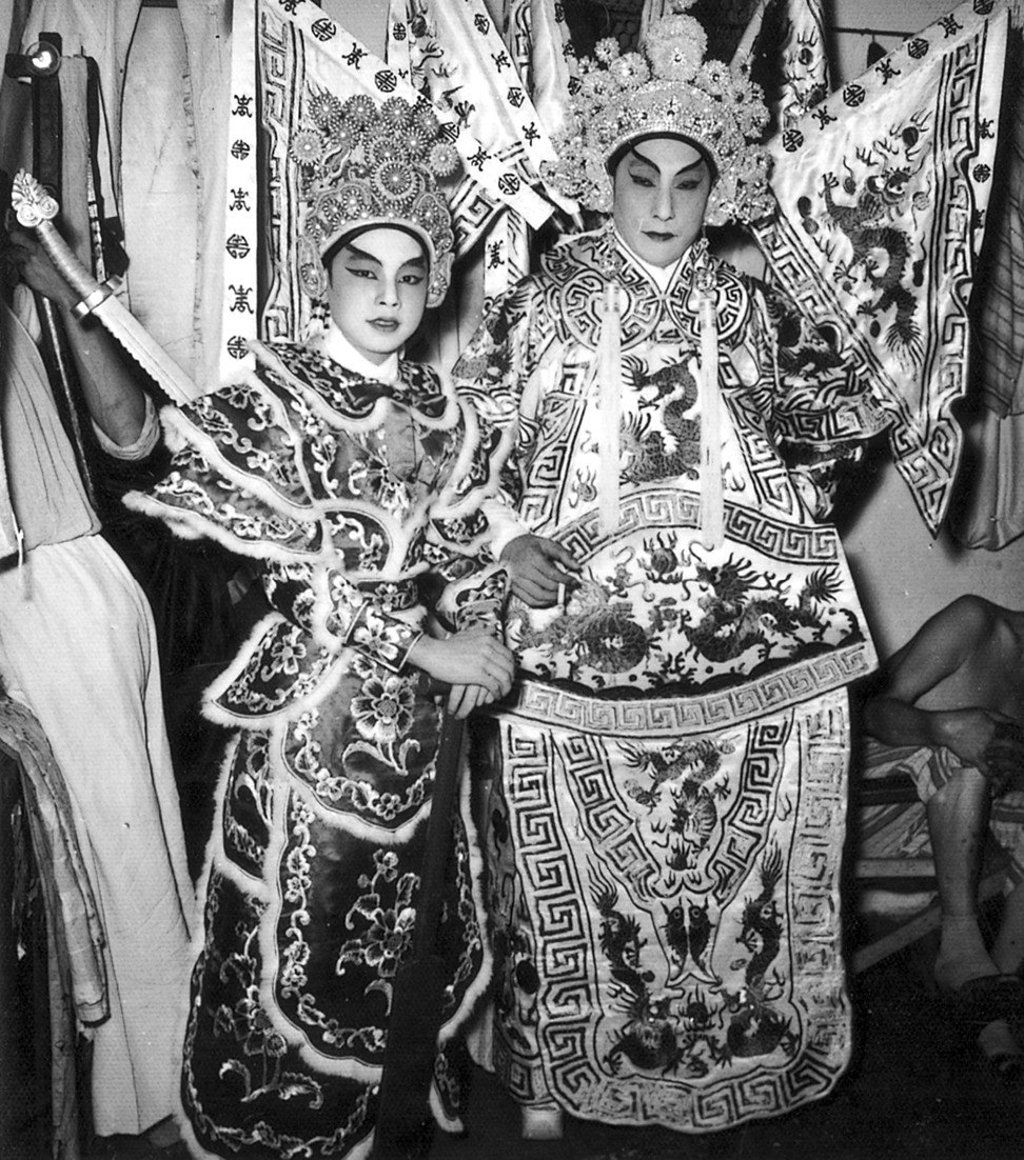Old-school Cantonese opera performer looks at how to keep the art alive in Hong Kong
Yuen Siu-fai is one of just a few performers still alive who learned the art form from a grand master; he looks at how it must now adapt to the modern era

Yuen Siu-fai is among the few old-guard Cantonese opera performers who learned the art through a one-on-one apprenticeship and not in a classroom.
For 24 years, Yuen, now 72, was at the side of late grand master Mak Ping-wing in the theatre and at home as his protege, grasping the subtleties of the craft embodied in every move of the master.
“I think there are just three or four of us left who learned our craft the old way. The tradition is not just at a red light; it’s at one that is blinking,” he told the Post ahead of his talk on Sunday at the Hong Kong Book Fair.
Born in Foshan in 1945, Yuen and his family moved to Hong Kong when he was just three years old. Poverty forced him to quit school. He joined the film industry as a child star at the age of 9. From 1953 to 1967, he starred in 80 films. His lead title as Prince Nazha in 1957 turned him into a household name.
